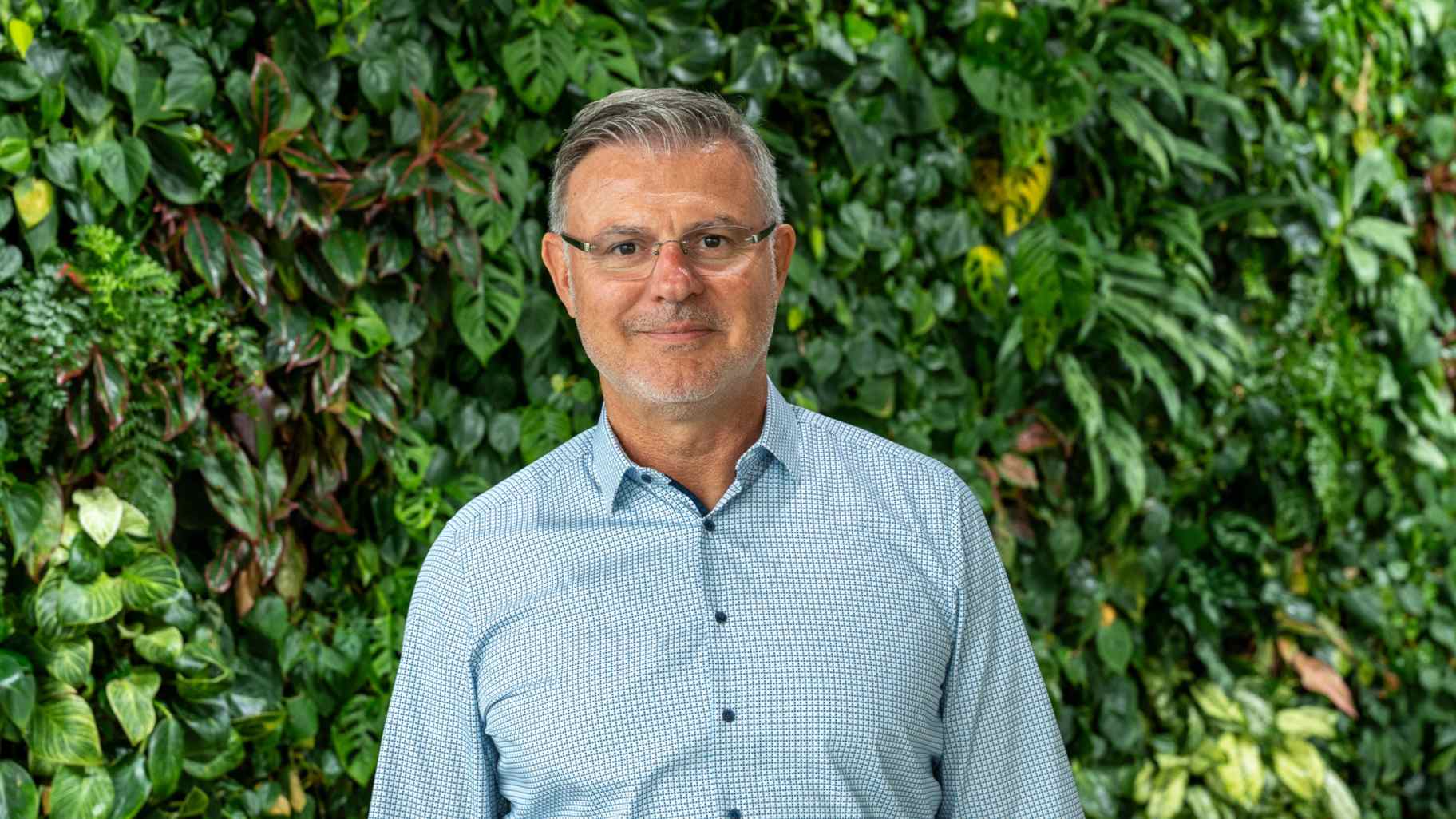Mr Galm, Schubert’s service division has recently undergone significant expansion. What has changed – and what’s behind these developments?
We are witnessing a fundamental structural shift among our customers. In recent years, there has been a resurgence in demand for traditional services such as maintenance and inspection – although for very different reasons than in the past. Many customers are simply no longer able to handle these tasks themselves, in part because they lack the necessary skilled personnel. Other factors include the pressure of rising energy and raw material prices – just think of the price of cocoa – and the heightened significance of machine availability. Production losses can quickly become very expensive these days.
What are the specific implications of all this for your service operations?
In the past, we sometimes had three weeks to carry out maintenance work, but now we often only have a few days – and these time slots are fixed. Some of our customers set their production slots a year in advance, which often leaves us with only one shutdown per year. This changes everything: our planning, our resource allocation and the way we prepare for our service assignments.
How are you responding to these tight time frames?
We focus on maximum preparation and efficiency. This includes, for example, pre-assembled spare parts kits that are delivered ready for immediate use. This minimises the time we spend on site. We are also greatly expanding our digital services with our customer portal – 4YOUconnect – as the central tool. We have recently started making all relevant machine documentation available there in digital form – from circuit diagrams to parts lists. They can be displayed as 3D models so that components can be identified more quickly and ordered directly from the web shop. Because one thing is clear: a machine that is out of service can trigger real emotions – and that represents more than just a technical problem. We do everything we can to reduce downtime as much as possible. Instead of simply responding to malfunctions, we work to prevent them in a targeted manner through forward-looking, data-based processes, for example by further developing our CARE machine monitoring solution.
What is the current state of digitalisation out there?
Close to a quarter of our customers are already using the portal – and the trend is clearly rising. The next big step is a shared digital maintenance calendar, which will pave the way for a digital service log with a complete service history. Ultimately, transparency is just as important to us in service as networking with our customers. With this in mind, we are also developing guided maintenance routines that will assist operators and maintenance personnel step by step through the maintenance process – a direct contributor to overcoming the shortage of skilled workers.
Speaking of the shortage of skilled workers, are there any specific challenges in the industry that you view as being especially critical?
The role of the service technician is currently undergoing a massive transformation. Experienced technicians who used to be on the road 200 days a year are now virtually impossible to find. And if they are, they usually don’t stick around for very long. Travelling has become unappealing, as work-life balance is gaining in importance. This is why we are considering hybrid models that, in addition to assembly work, also enable temporary hotline support or travel phases that can be planned individually.
What role does AI play in overcoming these challenges?
A big one, although in my view, technology should always be measured by the benefits it delivers. AI implementations are no exception. I see great potential in knowledge management, at the interface between training and application in real-life error situations. For example, a young service technician could be guided step by step through the troubleshooting of a complex machine with the help of AI, even though he or she is still a long way from the high level of expertise of a senior colleague. Developments in machine monitoring also need to be driven forward.
Are there any other possible applications for AI-supported data management?
Today, we can already use machine data collected from our updated CARE monitoring solution to show our customers whether any production losses are due to the machine itself or to specific upstream processes. In the future, we intend to integrate this added value of information directly into our reports in the form of specific recommendations for action. AI can also provide support here, for example in report generation. However, humans and their experience are still needed to draw well-founded conclusions from the information gathered. The monitoring data could also be used to establish benchmarks for companies that process the same product at different locations and need to assess performance across multiple machines.
How do you take sustainability into account in your services?
One example is the ‘Schubert Learning Space’ digital learning platform, which enables operators to undergo machine training anytime and anywhere. This eliminates the need for travel, which is not only efficient but also more sustainable in terms of energy and greenhouse gas savings. We are also reducing product losses through more transparent monitoring – whether by identifying deviating patterns that lead to more waste or factors that could lead to production stoppages. And with a view to future EU regulations such as the PPWR, Schubert is supporting its customers in switching their packaging from plastic to cardboard, for example. To this end, experts from Schubert’s Packaging Competence Centre advise them on packaging designs and machine conversions – always in close consultation with our service colleagues.
What does all this mean for the classic machine life cycle?
We promise our customers that they will be able to use their machines for at least 20 years – also a key part of our sustainable service. This calls for a strategically planned customer journey with the right service modules for all phases of use. In the early years, the focus is on maintenance concepts, production optimisation and format consulting. Later on, it’s about topics such as component availability, modernisation or retrofitting. We enable all of this with our comprehensive portfolio, so that machines run reliably and cost-effectively at all times.
So, what’s in store between now and interpack 2026?
In the run-up to interpack, we are aiming to further expand our digital offering. In addition to the maintenance calendar and service log, we are planning to introduce a digital ticket system on the portal. This will enable customers to submit service requests around the clock – without having to make a phone call, face language barriers or experience waiting times. Full transparency on the processing status is included. Over the long term, this will create a consistent, digitally supported end-to-end service process – efficient, sustainable and very customer-friendly.



